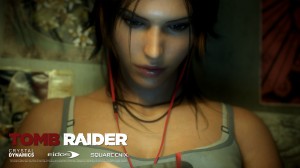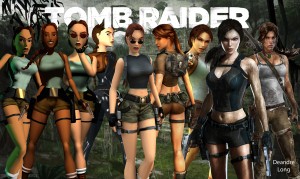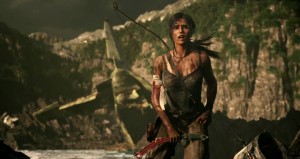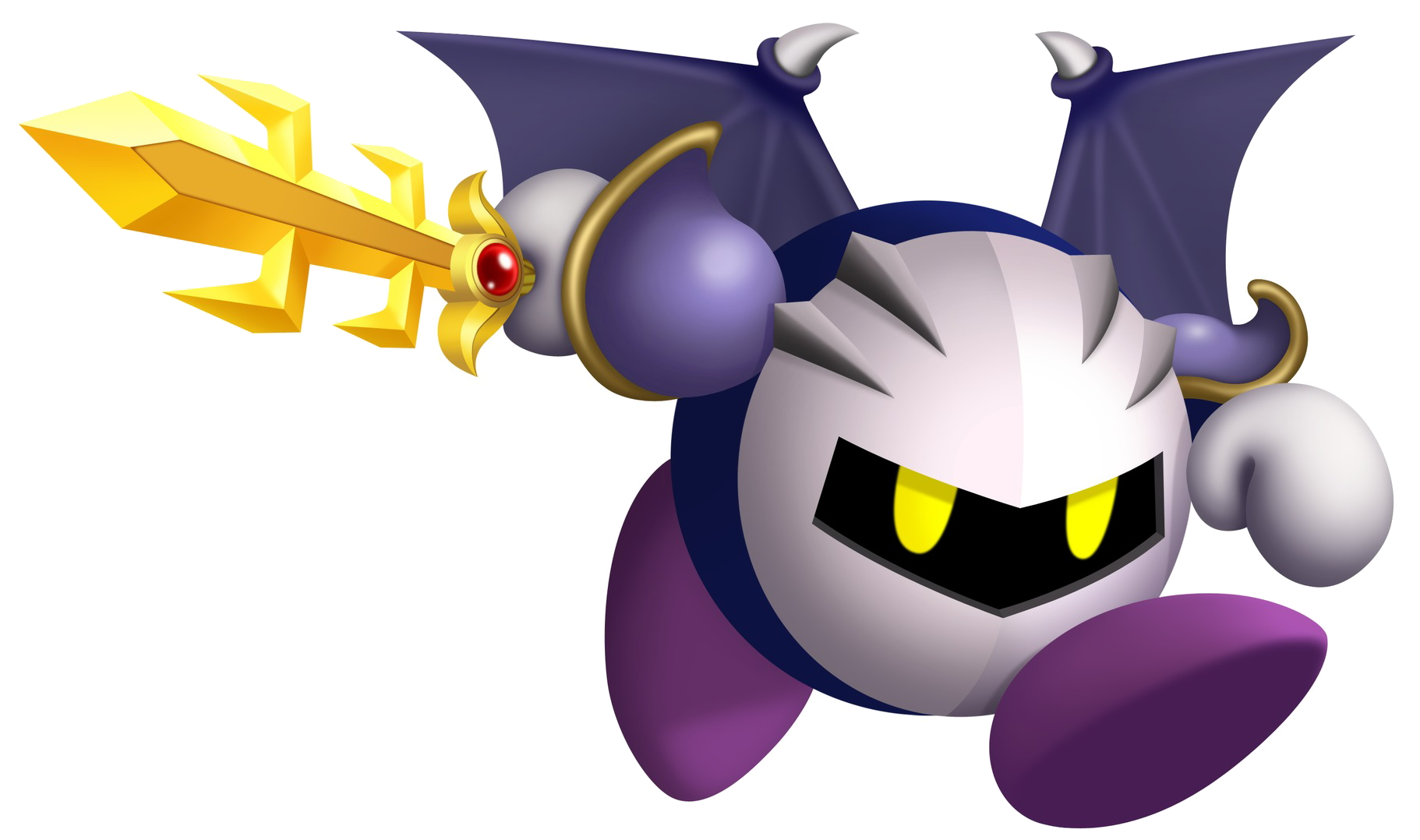T-Hers-Day: Tomb Raider
Thunderous T’Hersday, Schmamers! Yes, I’m almost positive we’ve used that adjective for T’Hersday before. Don’t care. I’m using it because I want to give a thunderous round of applause to Crystal Dynamics for the latest installment of Tomb Raider; creatively titled, um, Tomb Raider. Finally I don’t have to feel like a giant pervert for wanting to play a game about a kick ass archaeologist. Yes, when I was a teenager I was playing the franchise because Lara Croft, the series protagonist, had giant breasts. As I grew older and became an anthropology major, I honestly became more interested in playing a game which explored historic cultures. Trust me, I still feel like a giant fucking pervert most of the time but at least this game didn’t make me feel that way. Alright, let’s get to the point: How does Tomb Raider stack up in the feminism department and the game play department?
I am so very happy to say that Tomb Raider gets an A+ in my book for being a piece of fiction that doesn’t dehumanize a female character – Quite the opposite in fact. Lara Croft is finally made to feel like a real woman and not a sick fantasy. She’s young and new to adventuring. She’s vulnerable. And she has to come to grips with killing. Though, admittedly, she gets over that pretty quickly. Sure, she’s still downright beautiful. We’ve come to expect such things and I never really have a problem with that in fiction. Anecdotally, I never think, “Hey. Chubby hairy guys are underrepresented in video games.” We technically would be but I use my fiction for escapism and story and I have no problem pretending I’m better looking than I actually am. That’s neither here nor there. She’s beautiful but she’s also finally proportionate. Instead of looking like a woman who took magic breast enlarger pills (a woman drawn by men) she looks fit and athletic. I have defended her new build in saying that, yes, there are indeed women with her body shape.
Alright, we’ve gotten the superficial out of the way. Because I know most people are going to use her looks as the first sign of sexism.
The story holds up too. Not that Lara was ever a damsel in distress but that trap could have easily been fallen into with an origin story. There is never a moment in this game where she needs rescuing. She gets some help, sure, but we’ll never know if she could have made it across that bridge without sniper support. Lara does most of the rescuing. She rescues men and she rescues women. Sometimes she succeeds and sometimes she fails. But she always tries. That alone makes her a big damn hero.
This game even passes the Bechdel Test; a test used to identify gender bias in fiction.
1) Has more than one woman: Check
2) Who talk to each other: Check
3) About something other than men: Check
It’s kind of sad that those are the only requirements but even Star Wars and Lord of the Rings fail the test. Granted, a work can pass those check-points and still be sexist as fuck. The test is just used to show that the work isn’t all about guys.
Lara is a legitimate and humanized hero, worthy of her place in gaming’s prized pantheon.
The story is a bit, eh, though. It has its hits and its misses. I understand that in order to make a realistic origin story she wouldn’t just be crawling around various tombs. So, I’m OK with the tombs being side missions. The one thing I fail to understand is how an island with that many shipwrecks, plane-wrecks, and chopper-wrecks is still unknown to the outside world. You would think that after all those distress calls the authorities would stop sending one rescue craft at a time and invade that fucker in force. Storm god or not, she’d have a hell of a time sinking just one aircraft carrier; never mind an entire battle group. I’m also pretty damn sure that she’d be dead from all the ridiculously numerous times she falls. I digress. For the most part, the game is still worth seeing how Lara Croft matures in to the tough Tomb Raider we already know despite the sometimes absurd elements of the story.
I’d say it’s worth a play. Especially if you want to see the rarity of a strong woman in fiction.





